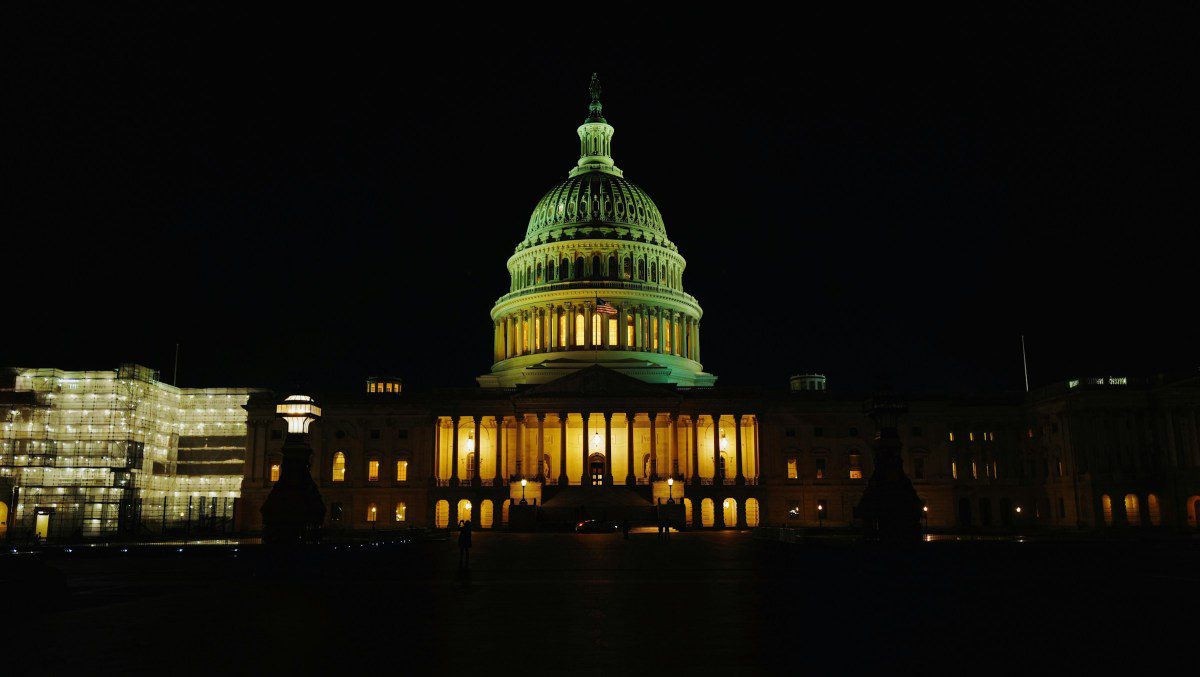
amazon launches a low-price standalone shopping app Amazon has introduced a new low-cost shopping application named Amazon Bazaar, aimed at consumers in Asia, Africa, and Latin America, marking a significant expansion of its e-commerce strategy.
amazon launches a low-price standalone shopping app
Overview of Amazon Bazaar
Amazon Bazaar is designed as a standalone shopping app that offers a variety of products at lower prices compared to the main Amazon platform. This initiative is part of Amazon’s broader strategy to penetrate emerging markets where price sensitivity is a significant factor in consumer purchasing decisions. By providing a dedicated platform for budget-conscious shoppers, Amazon aims to attract a demographic that may have previously been deterred by higher prices or the complexity of navigating its main app.
Target Markets
The app will initially launch in over a dozen markets across Asia, Africa, and Latin America. These regions have been identified as having substantial growth potential for e-commerce, driven by increasing internet penetration, smartphone usage, and a burgeoning middle class. Countries such as India, Brazil, Nigeria, and Indonesia are among the key markets targeted for this launch.
Features of Amazon Bazaar
Amazon Bazaar is expected to include several features tailored to meet the needs of budget-conscious consumers:
- Low Prices: The app will focus on offering competitive pricing on a wide range of products, including electronics, clothing, and household goods.
- User-Friendly Interface: Designed to be intuitive, the app aims to simplify the shopping experience, making it easier for users to find and purchase items.
- Localized Content: The app will feature content and promotions tailored to local cultures and shopping habits, enhancing its appeal to regional consumers.
- Payment Flexibility: Amazon Bazaar will support various payment methods, including mobile wallets and cash on delivery, catering to the preferences of consumers in different markets.
Strategic Implications
The launch of Amazon Bazaar represents a strategic pivot for Amazon as it seeks to solidify its presence in emerging markets. Traditionally, Amazon has faced challenges in these regions due to competition from local players and the high cost of logistics. By introducing a low-cost platform, Amazon aims to overcome these barriers and capture a larger share of the market.
Competitive Landscape
Amazon Bazaar will enter a competitive landscape dominated by local e-commerce platforms that have established a strong foothold in their respective markets. Companies like Flipkart in India, Jumia in Africa, and Mercado Libre in Latin America have been successful in catering to local consumer preferences and price points. Amazon’s challenge will be to differentiate itself from these established players while also leveraging its global supply chain and technological expertise.
Consumer Behavior Trends
Understanding consumer behavior in these emerging markets is crucial for the success of Amazon Bazaar. Research indicates that consumers in these regions are increasingly turning to online shopping due to convenience and accessibility. However, price remains a significant factor in purchasing decisions. By positioning itself as a low-cost alternative, Amazon aims to attract price-sensitive consumers who may have previously relied on local retailers.
Stakeholder Reactions
The announcement of Amazon Bazaar has elicited a range of reactions from various stakeholders, including consumers, local businesses, and industry analysts.
Consumer Reactions
Initial feedback from consumers has been largely positive, with many expressing excitement about the prospect of lower prices and a more accessible shopping experience. Social media platforms have seen discussions around the potential benefits of the app, particularly in regions where affordability is a primary concern. Consumers are hopeful that Amazon Bazaar will provide them with a wider selection of products at prices that fit their budgets.
Local Businesses
Local businesses, however, have expressed concerns about the impact of Amazon Bazaar on their operations. Many small retailers fear that the introduction of a low-cost platform could lead to increased competition and potentially drive them out of business. Local entrepreneurs have called for measures to protect their interests, emphasizing the importance of supporting homegrown businesses in the face of global giants like Amazon.
Industry Analysts
Industry analysts have noted that while Amazon Bazaar has the potential to disrupt local markets, its success will depend on several factors, including execution, marketing strategies, and the ability to build trust with consumers. Analysts suggest that Amazon must invest in understanding local consumer preferences and behaviors to effectively compete with established players.
Challenges Ahead
Despite the promising outlook for Amazon Bazaar, several challenges lie ahead as the company seeks to establish itself in these new markets.
Logistical Hurdles
One of the primary challenges for Amazon will be navigating the logistical complexities of delivering products in regions with varying levels of infrastructure. In many emerging markets, transportation networks are underdeveloped, which can lead to delays and increased costs. Amazon will need to invest in local logistics solutions to ensure timely deliveries and maintain customer satisfaction.
Regulatory Considerations
Amazon must also contend with regulatory environments that vary significantly from country to country. Compliance with local laws regarding e-commerce, taxation, and consumer protection will be critical to the app’s success. Failure to navigate these regulations could result in legal challenges and hinder Amazon’s ability to operate effectively.
Building Brand Trust
Building brand trust in new markets is another significant hurdle. Many consumers in emerging markets may be unfamiliar with Amazon’s brand and may have concerns about product quality and customer service. Amazon will need to implement robust marketing strategies to build awareness and trust among potential users of Amazon Bazaar.
Future Prospects
Looking ahead, the launch of Amazon Bazaar could pave the way for further innovations in Amazon’s approach to e-commerce in emerging markets. If successful, the app could serve as a model for future initiatives aimed at catering to budget-conscious consumers worldwide.
Potential for Expansion
Should Amazon Bazaar gain traction in its initial markets, there is potential for expansion into additional regions. The success of the app could encourage Amazon to explore similar low-cost platforms in other parts of the world, further diversifying its offerings and reaching new customer segments.
Long-Term Impact on E-Commerce
The introduction of a low-cost shopping app like Amazon Bazaar could have long-term implications for the e-commerce landscape. It may drive other companies to reevaluate their pricing strategies and product offerings to remain competitive. Additionally, it could lead to increased investment in logistics and infrastructure in emerging markets, ultimately benefiting consumers through improved access to goods and services.
Conclusion
Amazon Bazaar represents a strategic move by Amazon to penetrate emerging markets with a focus on affordability and accessibility. While the app faces several challenges, its potential to reshape the e-commerce landscape in Asia, Africa, and Latin America is significant. As Amazon continues to adapt its strategies to meet the needs of diverse consumer bases, the success of Amazon Bazaar could serve as a benchmark for future initiatives aimed at budget-conscious shoppers worldwide.
Source: Original report
Was this helpful?
Last Modified: November 8, 2025 at 6:37 am
3 views















